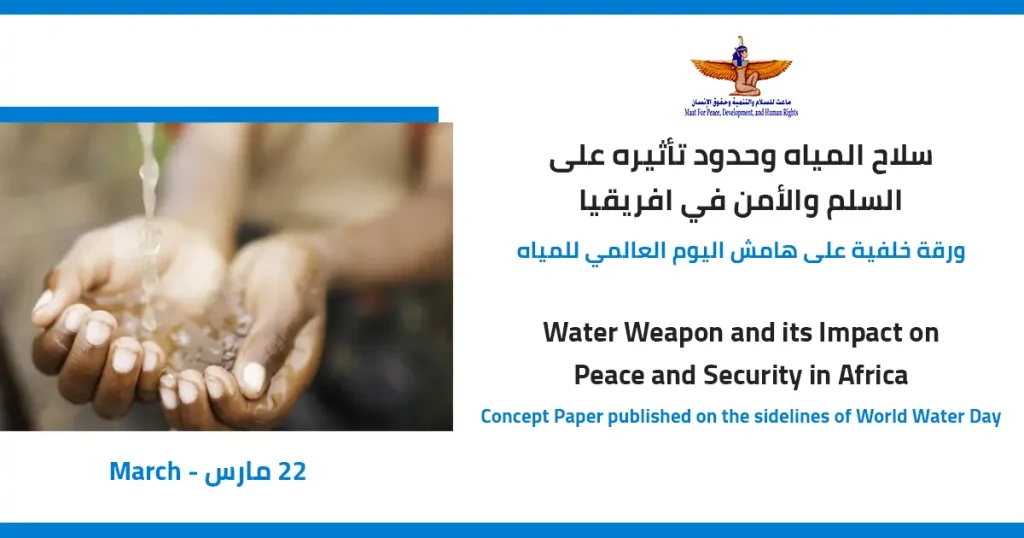Aqeel: Qatar is violating international conventions and the principle of non-refoulement
Al-Banna: Qatar uses the political asylum law to protect terrorists only
The Maat Foundation for Peace, Development and Human Rights calls on the Qatari authorities not to deport activist Ablekim Youssef (53 years), who is a Muslim from the Uyghur minority, to China, where he is expected to be subject to imprisonment, torture and possibly execution. The Maat Foundation considers the deportation of Iblekim as a forced deportation, which is prohibited under international law.
Iblikim was born in Hotan, Xinjiang, East Turkestan. He left his hometown for Pakistan in 1997 and stayed there until the end of last month, when he left it on his way to Bosnia after he felt life was in danger. There, the Chinese authorities managed him and decided to deport him to China, and he arrived on board Qatar Airways to Doha Airport as a transit station before his deportation to China, but he managed to record a video there in which he appealed to the world to prevent his deportation.
Ayman Aqil, President of Maat Foundation, said that Qatar's deportation of the Uyghur citizen constitutes a violation of international human rights covenants and violates the principle of non-refoulement, and the prohibition imposed by customary international law to return a person to a real danger of persecution, where his life or freedom is threatened because of his race, religion, nationality or His membership, membership in a particular social group, or because of his political opinion, or when there is a real risk of torture, inhuman or degrading treatment, or other gross violations of human rights.
Aqeel emphasized that this is not Qatar's first incident of forcible transfer, as in 2017 it forcibly deported Saudi citizen Muhammad Al-Otaibi to Riyadh two months after his arrival to Qatari lands.
For his part, Muhammad Al-Banna, a researcher specializing in Gulf affairs at the Maat Foundation, said that at a time when the Qatari regime uses the political asylum law to protect terrorists, it is now refusing to use it to grant political asylum to Uyghur citizens. Or to any other country in which he fears that he will be exposed to danger or persecution. ”This applies to the case of Applechem.
It is worth noting that Qatar was among the 37 countries that signed a letter addressed to the United Nations to support Beijing's policies towards minorities in the region where Muslims make up half of the population and are subject to persecution by the Chinese government.











